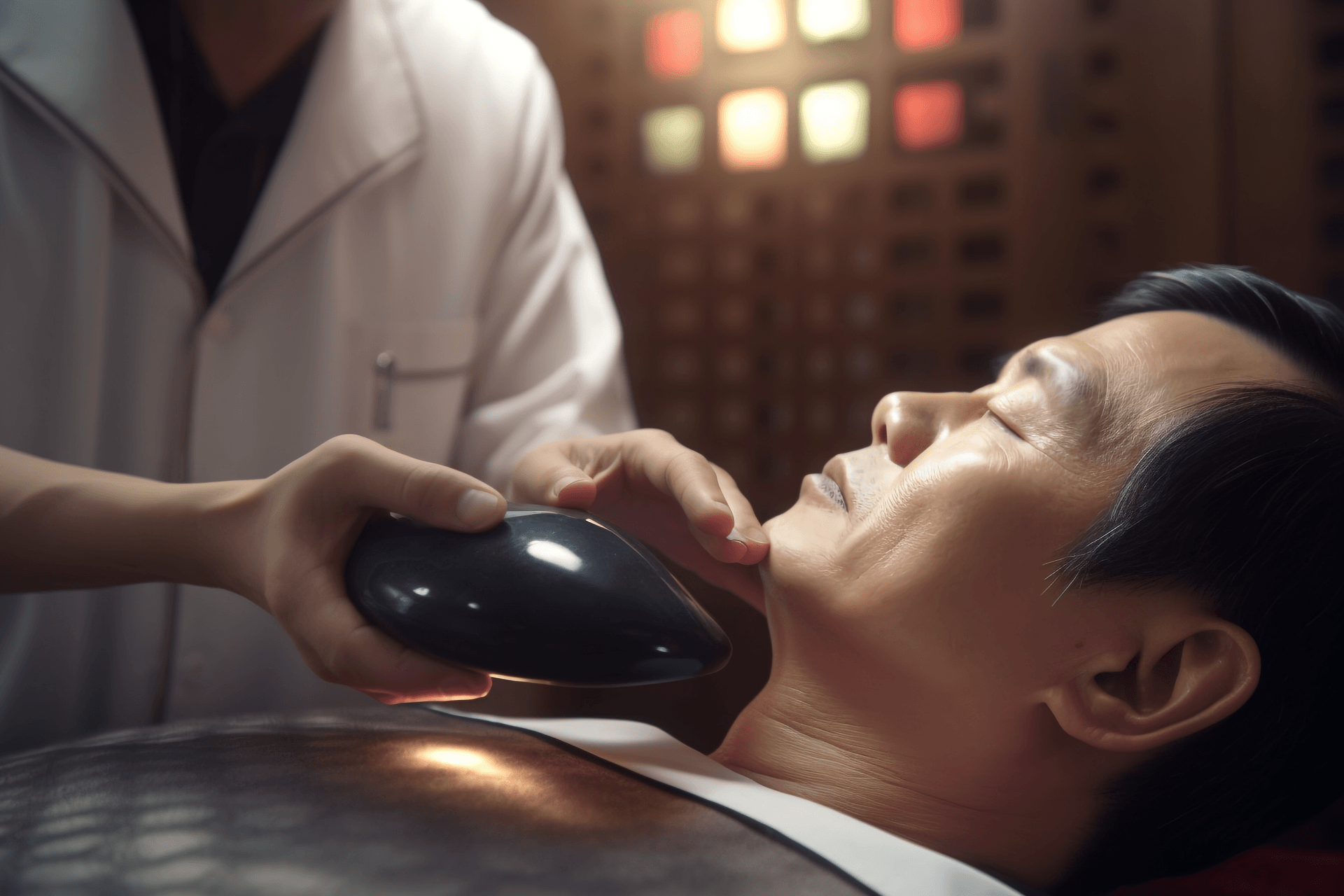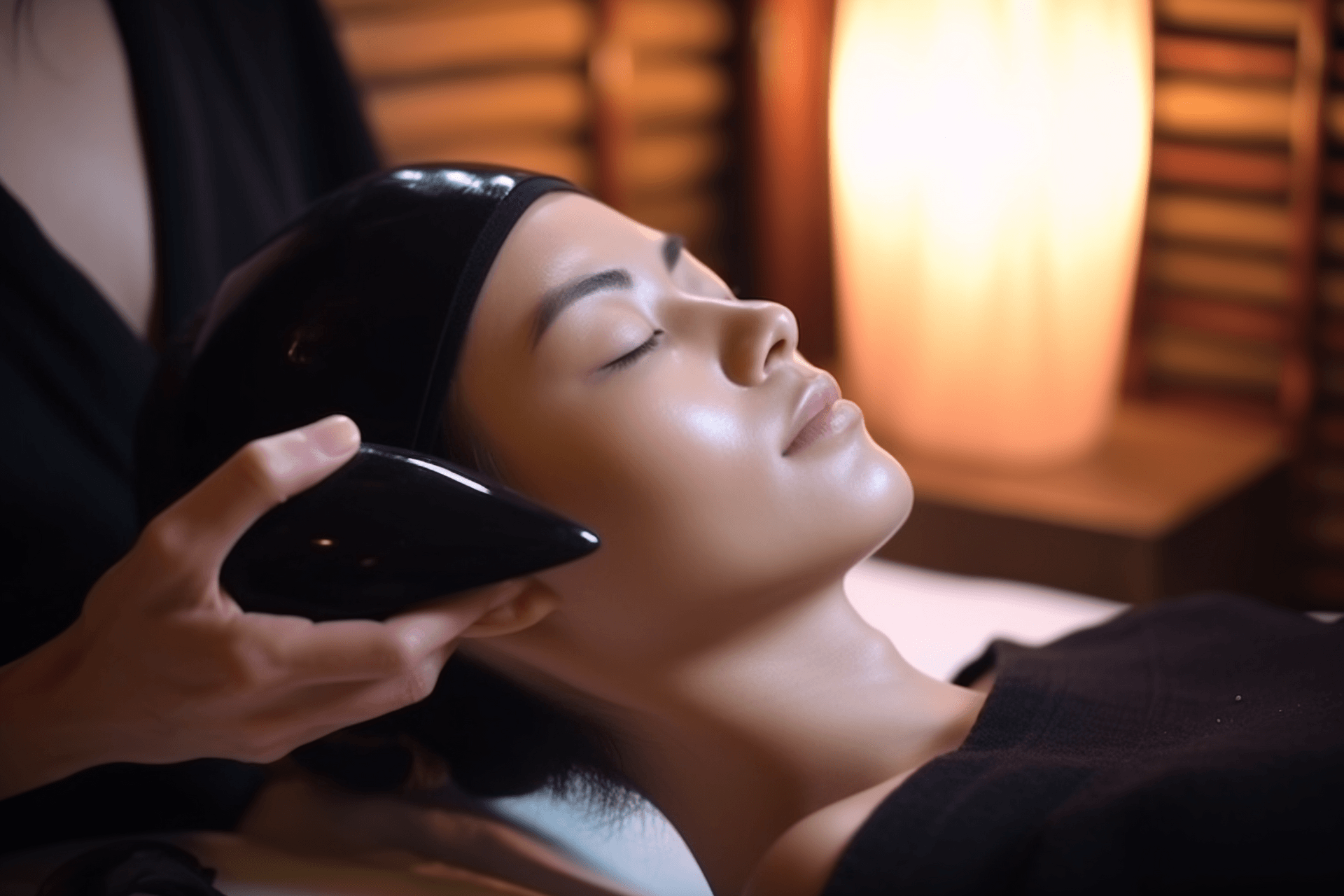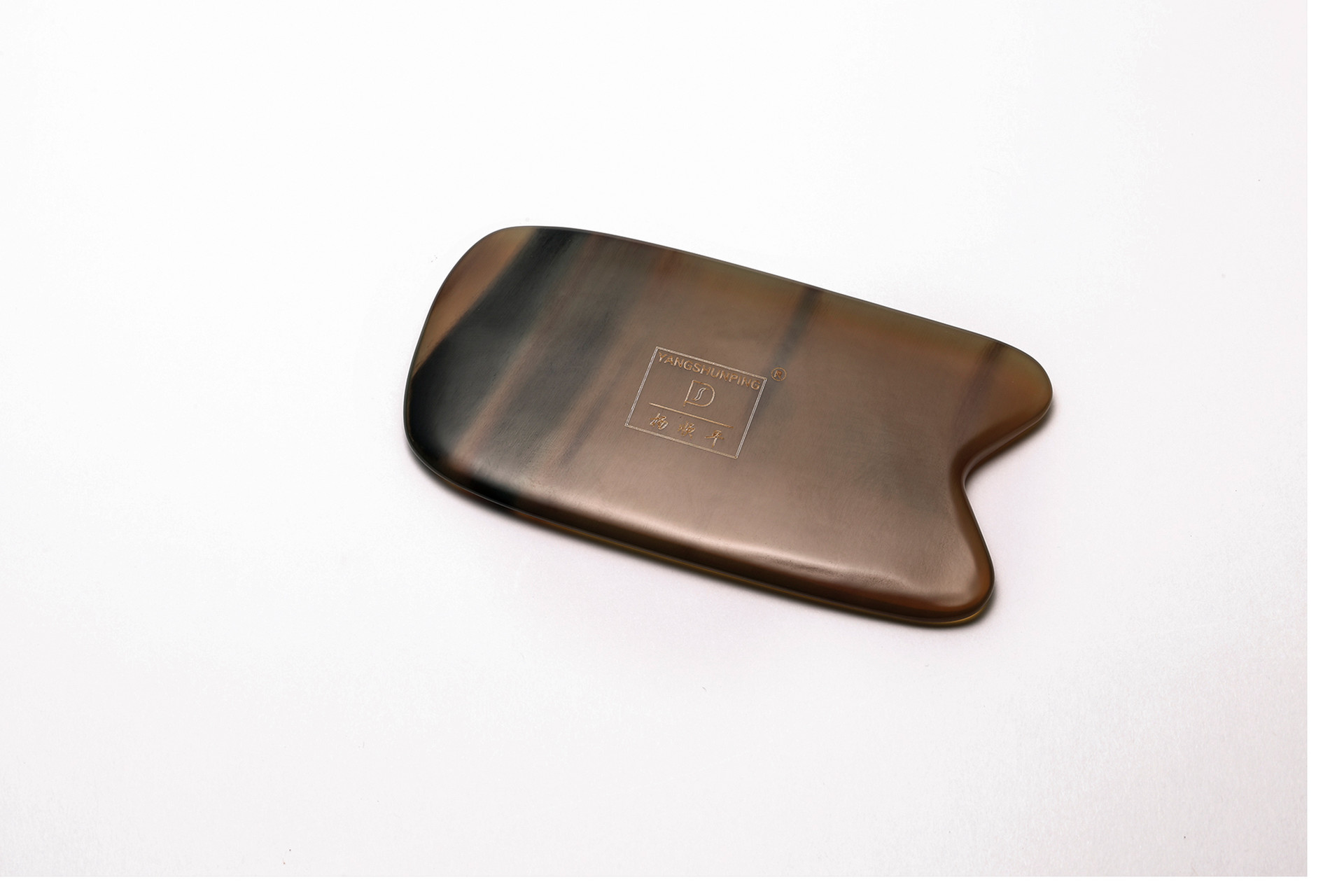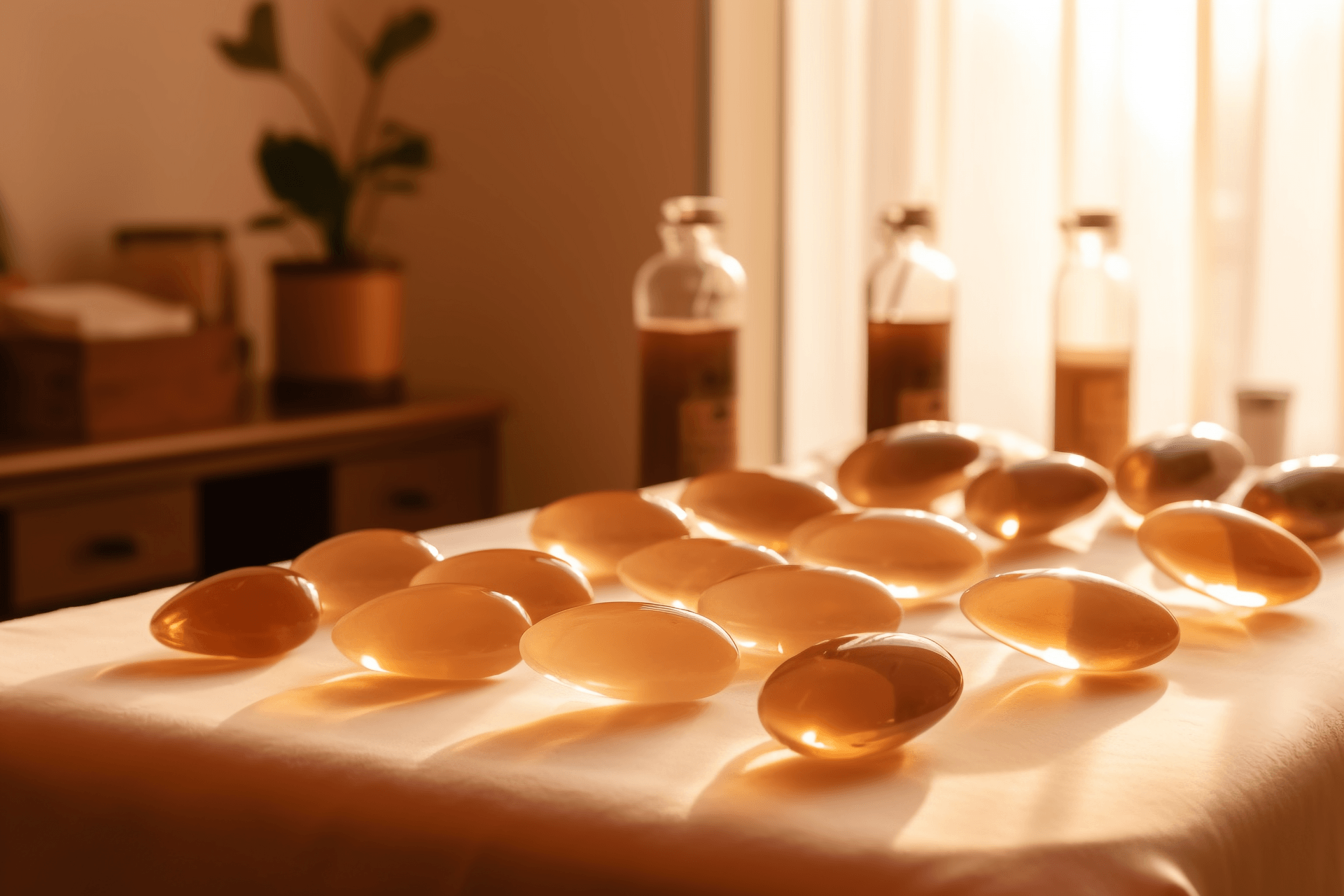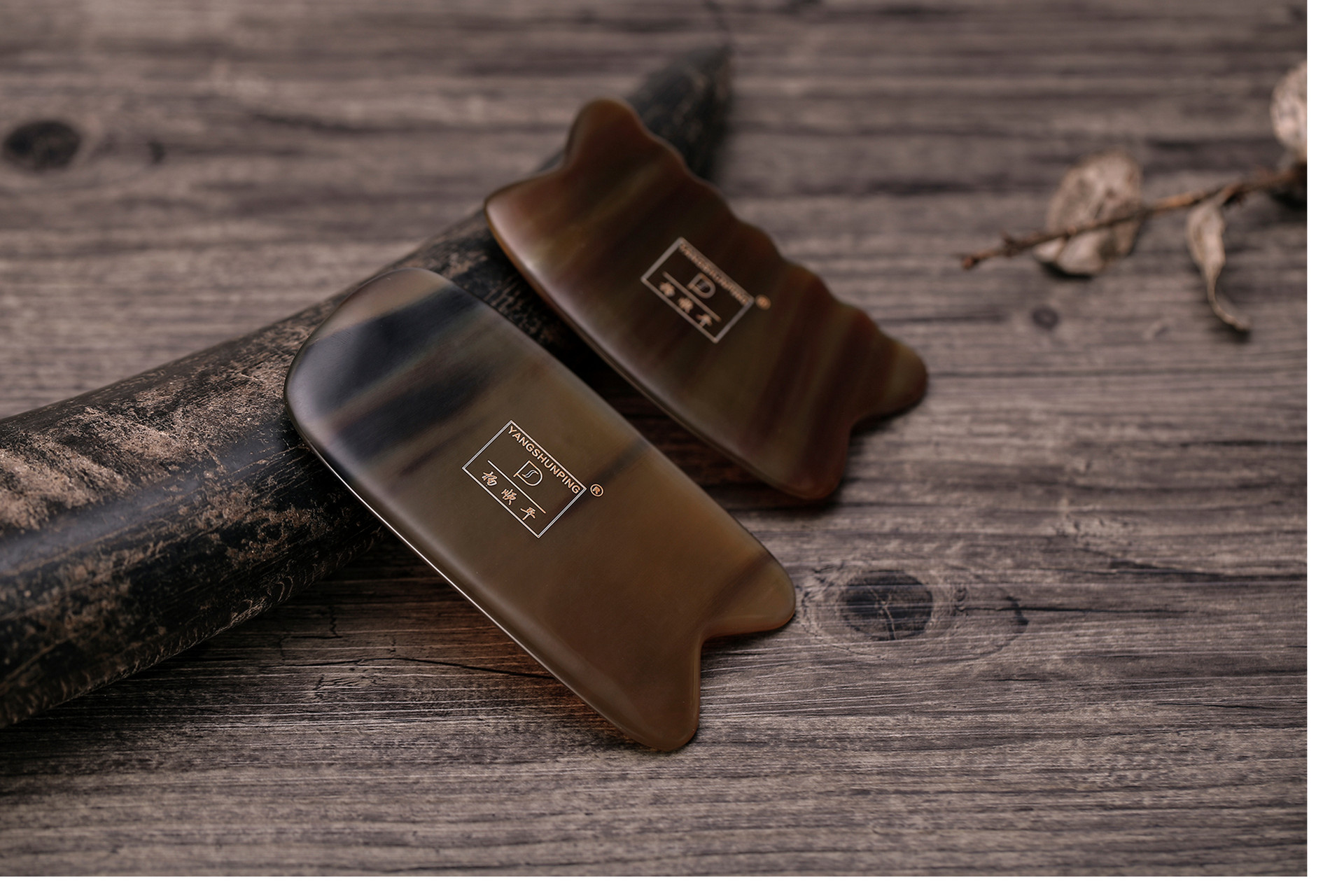Scraping is a traditional Chinese medical therapy that can be used not only to treat diseases, but also to promote daily health. Scraping is beneficial for many people, but there are some individuals who should not undergo scraping. In this article, I will explain the contraindications of scraping, its benefits, and what to consider before undergoing scraping.
Contraindications of Scraping
1. Individuals with severe cardiovascular and cerebrovascular diseases, liver and kidney dysfunction, and general edema should not undergo scraping. Scraping can cause subcutaneous congestion and promote blood circulation, which can increase the burden on the heart, lungs, liver, and kidneys, worsen the patient's condition, and even endanger their life.
2. Pregnant women should not undergo scraping on their abdomen or lower back, as it can cause miscarriage.
3. Scraping should not be performed on areas with abscesses, ulcers, boils, rashes, or unexplained lumps, as it can cause infection and spread of the wound.
4. Scraping should be avoided on acute painful areas or fracture sites caused by sprains or injuries, as it can worsen bleeding at the wound site.
5. Individuals with contagious skin diseases should avoid scraping, as it can transmit the disease to others.
6. Individuals with bleeding tendencies, such as late-stage diabetes, severe anemia, leukemia, aplastic anemia, and patients with reduced platelet count, should not undergo scraping. The subcutaneous bleeding caused by scraping is not easily absorbed in these patients.
7. Individuals who are excessively hungry, full, fatigued, or intoxicated should not undergo heavy or extensive scraping, as it can lead to collapse.
8. Scraping should be avoided on the eyes, lips, tongue, earholes, nostrils, nipples, and belly button, as it can cause congestion in these mucous membrane areas and hinder recovery.
9. Individuals with mental illnesses should not undergo scraping, as it can trigger their symptoms.
Benefits of Scraping
1. Regulating Yin and Yang
Yin and Yang are the fundamental concepts in traditional Chinese medicine theory. In a normal state, the human body maintains a relative balance of Yin and Yang. When this balance is disrupted due to factors such as emotions, external influences, or injuries, it can lead to pathological changes such as excessive Yin or Yang, resulting in clinical symptoms such as heat or cold. The key to scraping for health lies in adjusting the excessive or deficient Yin and Yang according to the nature of the symptoms, restoring the body's normal physiological functions, and achieving the goal of curing diseases.
2. Promoting Blood Circulation and Resolving Stagnation
When muscles, ligaments, and bones are injured, local congestion occurs, obstructing the circulation of Qi and blood in the meridians. If the stagnant blood is not resolved, the pain will persist. Scraping on the local area or corresponding acupoints can eliminate the stagnant blood, promote the generation of new blood, unblock the meridians, and promote the circulation of Qi and blood, thereby achieving the goal of pain relief. This is the role of scraping in promoting blood circulation and resolving stagnation.
3. Clearing Heat and Reducing Swelling
According to the principle in traditional Chinese medicine that heat causes diseases, scraping stimulates the release of heat pathogens, clearing heat from the body and eliminating internal heat, stasis, and swelling.



